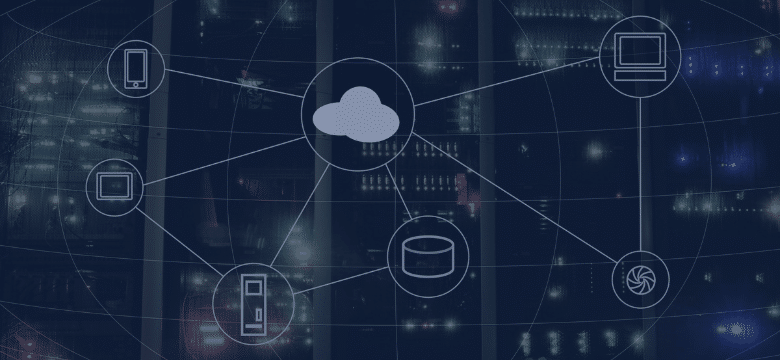








In today’s hyper-connected world, businesses are constantly seeking new ways to engage customers and deliver personalized experiences. Introducing the Internet of Things (IoT), a game-changing technology that’s revolutionizing how companies interact with their customers. By leveraging IoT-based marketing and personalization strategies, businesses can create a truly connected customer experience that drives loyalty, increases sales, and fosters long-term relationships.
Before we dive into the IoT revolution, let’s take a moment to reflect on the limitations of traditional marketing strategies. These limitations often resulted in missed opportunities, reduced customer satisfaction, and challenges in building long-term loyalty:
You might know to learn: Phygital Transformation: The Future of Customer Experience
Enter IoT-based marketing and personalization. This innovative approach harnesses the power of connected devices to gather real-time data, providing businesses with unprecedented insights into customer behavior and needs. Here’s how IoT is transforming marketing:
Learn more: Managing and Analyzing Data Generated by IoT Systems
A related article you might find interesting 👉 Revolutionizing Retail and Ecommerce: Using IoT to Create Engaging Customer Experiences
Let’s explore how businesses are leveraging IoT data to create truly connected customer experiences:
Caterpillar, the construction equipment giant, has embraced IoT to transform its customer relationships. By equipping their machines with sensors, Caterpillar can monitor equipment performance in real-time. This allows them to:
The result? Increased customer satisfaction, reduced downtime, and new revenue streams from value-added services.
John Deere, the agricultural equipment manufacturer, uses IoT data to deliver personalized content and offers to its farming clients. By analyzing data from connected tractors and other equipment, John Deere can:
This personalized approach has strengthened John Deere’s relationships with farmers, positioning the company as a trusted partner rather than just an equipment supplier.
Rolls-Royce’s aircraft engine division has revolutionized its customer support model using IoT. By continuously monitoring engine performance data from sensors, Rolls-Royce can:
This proactive approach has significantly reduced unplanned downtime for airlines, enhancing safety and operational efficiency.
Komatsu, a leading construction and mining equipment manufacturer, leverages IoT data to offer valuable insights to its customers. Through their KOMTRAX system, Komatsu provides:
By offering these value-added services, Komatsu has strengthened its customer relationships and differentiated itself in a competitive market.
Want to build your own IoT-based marketing strategy? Have a look at our services: Our Next-gen IoT
IoT-based marketing and personalization are transforming the B2B landscape, enabling businesses to create truly connected customer experiences. By harnessing the power of real-time data, companies can move beyond generic marketing approaches to deliver highly personalized, proactive, and value-driven interactions with their customers.
As we look to the future, it’s clear that IoT will continue to play a crucial role in shaping customer experiences across industries. Businesses that embrace this technology and leverage it effectively will be well-positioned to thrive in an increasingly competitive and connected world.
Are you ready to revolutionize your customer experience with IoT-based marketing and personalization? ITC Group offers comprehensive IoT solutions tailored to your specific business needs. Contact us today to learn how we can help you harness the power of connected devices to create deeper, more meaningful relationships with your customers. Let’s work together to build a connected future that drives growth, innovation, and customer satisfaction.
Tags
Stay ahead in a rapidly changing world with our monthly look at the critical challenges confronting businesses on a global scale, sent straight to your inbox.